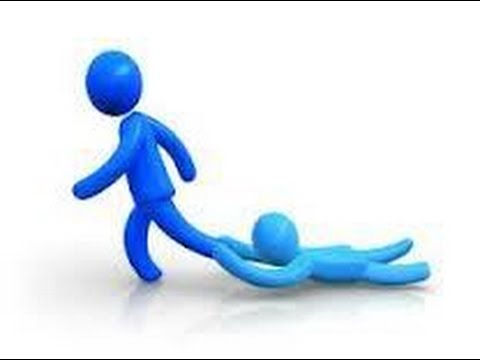Main Symptoms Of Dependent Personality Disorder
- mentalhealthclarit
- Apr 11, 2020
- 2 min read
People who suffer from DPD feel an excessive and persistent need to be taken care of. Which often results in submissive and clingy behavior. As always I advise anyone who are experiencing signs or symptoms of any mental illness or if you feel something isn’t right, please seek the aid or help of a mental health professional whether its a clinical psychologist or a psychiatrist always remember early detection is key.

Main Symptoms Of Dependent Personality Disorder (DPD)
Symptoms can appear in many ways that may or may not be visible to other people.
Difficulty making decisions, needing excessive assurances to make everyday decisions
Difficulty expressing disagreement—being reluctant to disagree, fearing loss of approval or abandonment
Difficulty initiating projects, where lack of self-confidence, rather than lack of motivation, prevents self-starting
An urgency to replace close relationships—an urgent need to replace a lost relationship with another to continue a source of care and support
An excessive need for care, needing someone else to take responsibility for key areas of one’s life
Low self-esteem—a distorted view of self that is negative and inconsistent with reality
Dependency, or an irregular reliance other people to satisfy emotional, physical needs, which is unsuitable for age or situation
Fear of abandonment—an irrational belief that others will reject, leave, or replace them at any moment, and they will have to care for themselves
Self-loathing, or an extreme hatred of self or feeling unworthy or worthless

Treatment For DPD
Usually, dependent personality disorder is treated with a combination of talk therapy and medication, if necessary. Therapy focuses on adjusting negative disruptive behaviors and patterns of thinking. The goal is to increase independence through improving the ability to make everyday decisions, and to initiate and develop healthy satisfying relationships. Treatment for DPD can be effective and improve function in daily life.
However, when left untreated, DPD can develop into other medical and mental health conditions including depression, anxiety, avoidant personality disorder, and substance abuse.
Please feel free to comment below or send me an email. mhcoachingonline@gmail.com
AMY

.png)



Comments